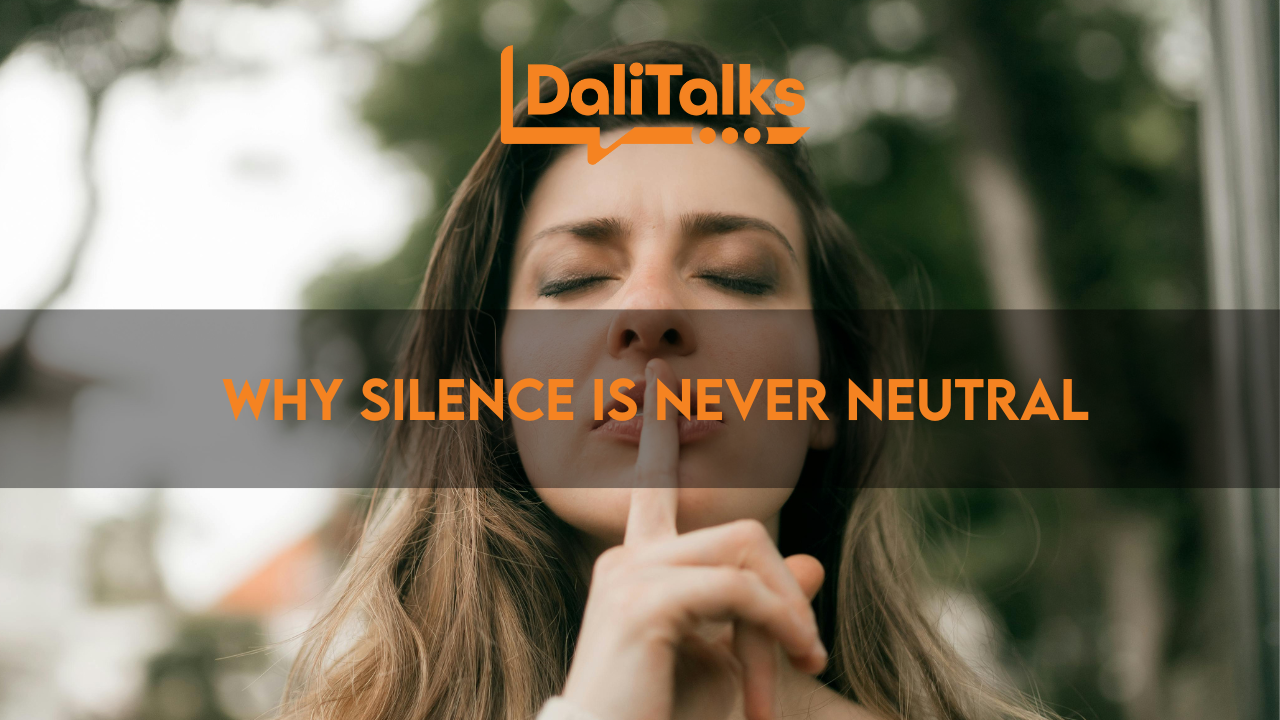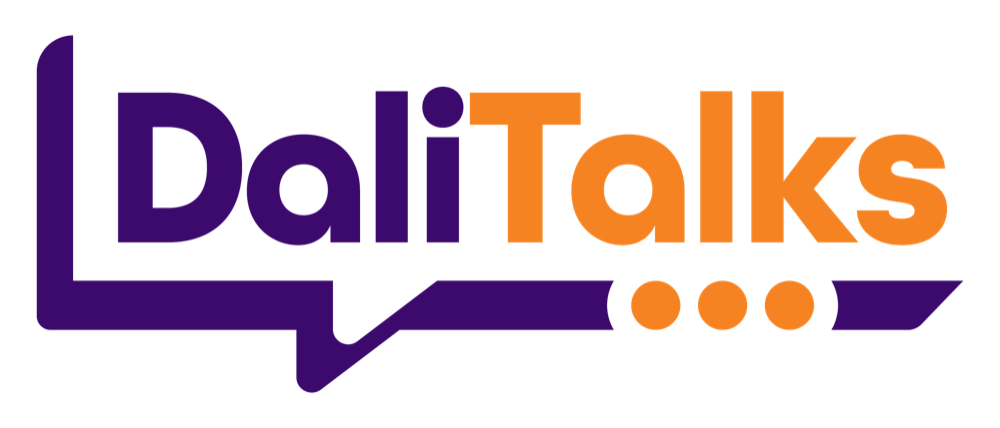From Bystander to Upstander: Teaching Kids Moral Courage

We’re living in a time when bullying, discrimination, and dehumanization are on full display—in schools, online, and even in positions of power. But what scares me more than the actions of bullies... is the silence of bystanders.
We are living in a time when bullying, discrimination, and dehumanization are visible everywhere. They show up in schools, online spaces, workplaces, and even in positions of authority. What is often most damaging is not the behavior itself, but the silence that surrounds it.
Silence teaches children and adults that staying quiet is safer than doing what is right. Over time, this silence becomes normalized, and harm continues unchecked.
Understanding the bystander effect is critical if we want to raise confident, compassionate, and bully-proof kids.
A Story That Reveals the Power of Silence
A woman recently shared a story from when she was sixteen years old that captures the bystander effect in a powerful way.
Her classroom desks were arranged in a circle. In the center sat a fishbowl on a desk. The teacher gave a clear warning:
No one was allowed to speak or move. Anyone who did would fail the class.
Then the teacher removed the fish from the bowl, placed it on the desk, and walked out.
Students sat frozen. The fish gasped for air. Everyone knew what was happening was wrong, but fear of consequences kept them silent.
Finally, one student broke the silence. She returned the fish to the water.
When the teacher came back, he questioned her decision and implied that she had betrayed herself.
But the real lesson was not about obedience. It was about how fear, authority, and pressure can override our values and condition us to stay quiet.
The Real Lesson Behind the Bystander Effect
This moment reflects what happens every day when bullying or discrimination occurs.
People often see harm happening and think:
Someone else will step in
I do not want to get in trouble
I do not want to be targeted next
The bystander effect teaches us to prioritize self-preservation over empathy and justice. Over time, silence becomes a habit.
Why Silence Is Not Neutral
Silence is not harmless.
Silence protects the person causing harm
Silence deepens the pain of the person being harmed
Silence erodes our own integrity
When we allow fear of consequences to outweigh our values, we normalize inaction. And inaction allows bullying, harassment, and cruelty to continue.
Teaching children that silence is a choice helps them understand their power.
Why Teaching Upstander Skills Matters Now
We need more upstanders and fewer bystanders in every environment.
Upstanders are not always loud or confrontational. Sometimes courage looks like:
Speaking up calmly
Getting help from a trusted adult
Checking in with someone who was hurt
Saying “That’s not okay”
Teaching these skills early builds confidence, empathy, and self-advocacy.
This is a core part of bullying prevention and social emotional learning.
How Adults Can Help Build Moral Courage
Parents, educators, and leaders play a critical role in shaping how children respond to harm.
Talk About the Bystander Effect
Explain what it is and why people freeze. Awareness reduces shame and empowers action.
Normalize Fear and Still Encourage Action
Courage does not mean being fearless. It means acting even when fear is present.
Create Safe Spaces to Speak Up
Children and adults are more likely to intervene when they trust they will be supported.
Model Moral Courage
Kids learn by watching. Speak up when something is wrong. Name unfairness. Choose empathy publicly.
Teach Small, Safe Ways to Intervene
Not every situation requires confrontation. Sometimes intervention means reporting, redirecting, or offering support after the fact.
Why This Lesson Supports Bullying Prevention
Bullying thrives when people believe silence is safer than action.
- Teaching upstander behavior:
- Reduces social bullying
- Builds community accountability
- Encourages empathy and responsibility
- Strengthens emotional regulation and confidence
Children who learn moral courage are more likely to advocate for themselves and others throughout their lives.

